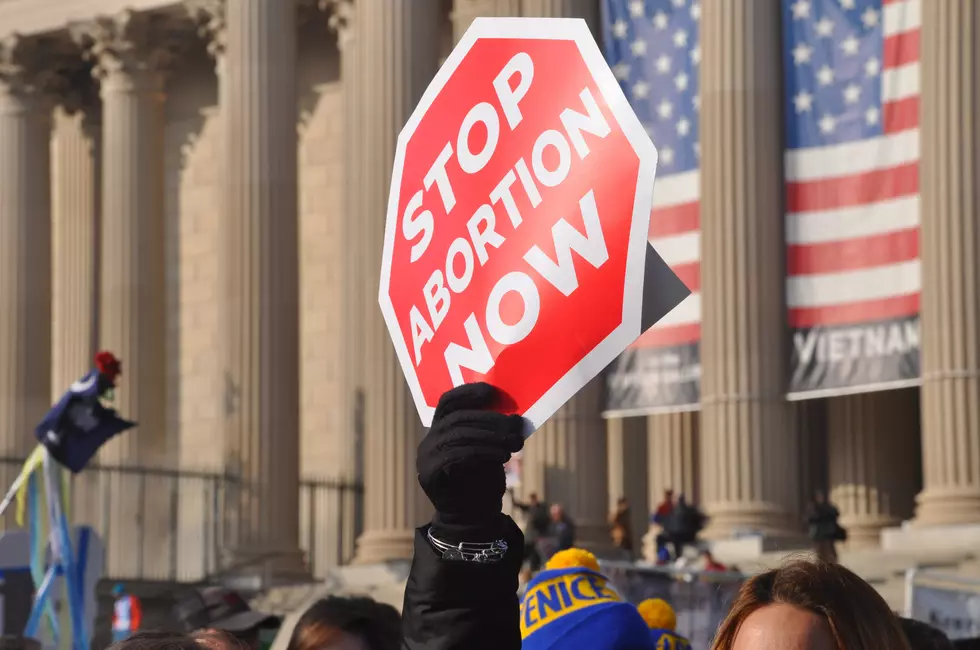
Supreme Court Decision to Affect Juvenile Murderers — Louisiana Case Sets the Precedent
The U.S. Supreme Court issued a groundbreaking ruling today (Jan. 25) that could set free a number of people who committed murder as a juvenile -- or at least radically alter their sentences.
The Supreme Court has previously decided back in 2012 in Miller v. Alabama that juveniles cannot be sentenced to life terms with no chance of parole. In 2005, the court ruled that death sentences cannot be imposed on those whose crimes came before their 18th birthday. This week's 6-3 ruling, however, retroactively affects prisoners who received such sentences.
For instance, 69-year-old Henry Montgomery of East Baton Rouge Parish murdered a deputy sheriff in 1963, at the age of 17 and got a life sentence. After 2012's ruling, his attorneys argued that the ban on juvenile life sentences should be retroactive. He will now have a chance to have that ruling re-examined, thanks to this week's court ruling.
About 1,500 prisoners in states such as Louisiana, Michigan and Pennsylvania are serving life sentences without the possibility of parole for crimes some of them committed decades ago when they were teen-agers. -- USAToday
Ultimately, the court decided that children are "constitutionally different." Justice Anthony Kennedy stated in his majority opinion that juveniles have to be given the chance to show they have not been "irreparab(ly) corrupted" by their actions. If the court shows this to be true, the convicts' "hope for some years of life outside prison walls must be restored."
More From News Talk 96.5 KPEL






![Chicago Mayor Lori Lightfoot Uses Expletive to Address Clarence Thomas [NSFW-VIDEO]](http://townsquare.media/site/34/files/2022/06/attachment-GettyImages-1322365617.jpg?w=980&q=75)


